Life has two doors
I opened one and entered
walked one morning
and by the evening
I had left by the other
…
Everything is a lie
a breath, a sigh
like a flower, some hand
one dawn will cut us down
That’s the last verse and chorus of Life has two doors and they seem to be as straight-forward as can be: life has one door we use to enter and another that we use to leave. But there’s that line that begins “Everything is a lie..” and there’s the pathos that is so often core to rebetiko (and the blues, and fado and tango).
Eftychia (which means happiness in Greek) Papagiannopoulou wrote those lyrics, which were put to music and sung by Stelios Kazantzidis. It was one of the best-selling records of 1958 and, perhaps, the best known of Papagiannopoulou’s songs. Her lyrics were like that: poetic and down-to-earth at the same time.
By that time Papagiannopoulou was in her 60s and had spent the previous two decades as a lyricist, working with the top composers of the day, including Apostolos Kaldaras and Vasilis Tsitsanis. She is credited with the lyrics for about two dozen songs but there may have been more.
She was born in Asia Minor as Eftychia Hadjigeorgiou-Economou in 1893. She married in 1911 and was training to become a teacher when she forced to flee, with her two daughters, in the wake of the Catastrophe. In Athens, she abandoned a career as a teacher to become an actress and then a playwright. Along the way, her first marriage ended. Her second gave her the last name we know her by now: Papagiannopoulou.
Papagiannopoulou switched careers again and begun writing lyrics in 1948, at the age of 55, working first with Tsitsanis, Hiotis and Kaldaras.
Above, I wrote that she may have written lyrics for more than the ones she is officially credited with. Papagiannopoulou didn’t care about credit for her lyrics: she sold them for 200-300 drachmas each (about $10 USD if online historic currency converters are right) so that she could pursue her passion for gambling.
The Greek online site San Simera reports her as saying: “I write songs and sell them. From then on, I don’t care if they will catch or not, whether they will come out or not on records. As soon as I hand them over, I sign a declaration of renunciation of various rights, let’s say I renounce my intellectual children,” she said in an interview with the newspaper “Acropolis” in 1961. For this reason, it has not been confirmed how many of her many songs that have been set to music belong to her. (This is a translation.)
Papagiannopoulou died, reportedly in poverty, in 1972. She was not well-known in her lifetime, but she became well-known after her death. In 2003, her granddaughter wrote a memoir about her grandmother. That became the basis for a theatrical monologue in 2007. In 2019, the highly-acclaimed movie Eftychia was released, bringing her story firmly to the fore.
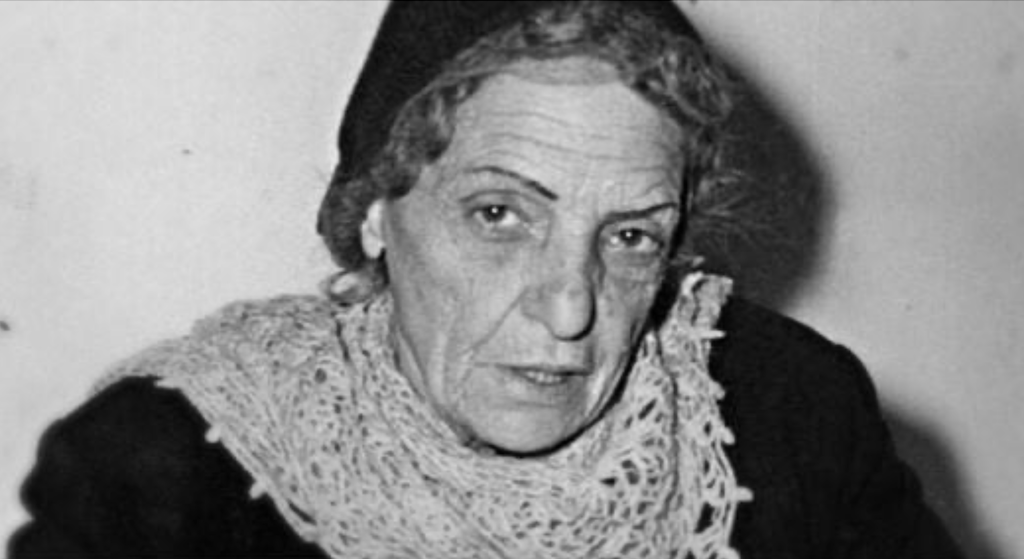

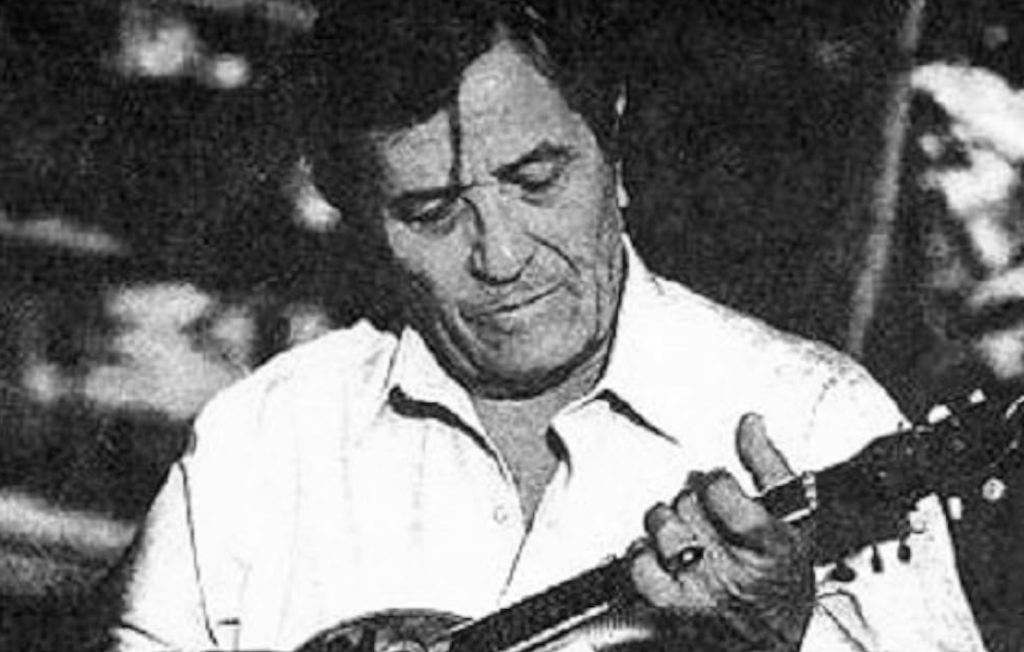
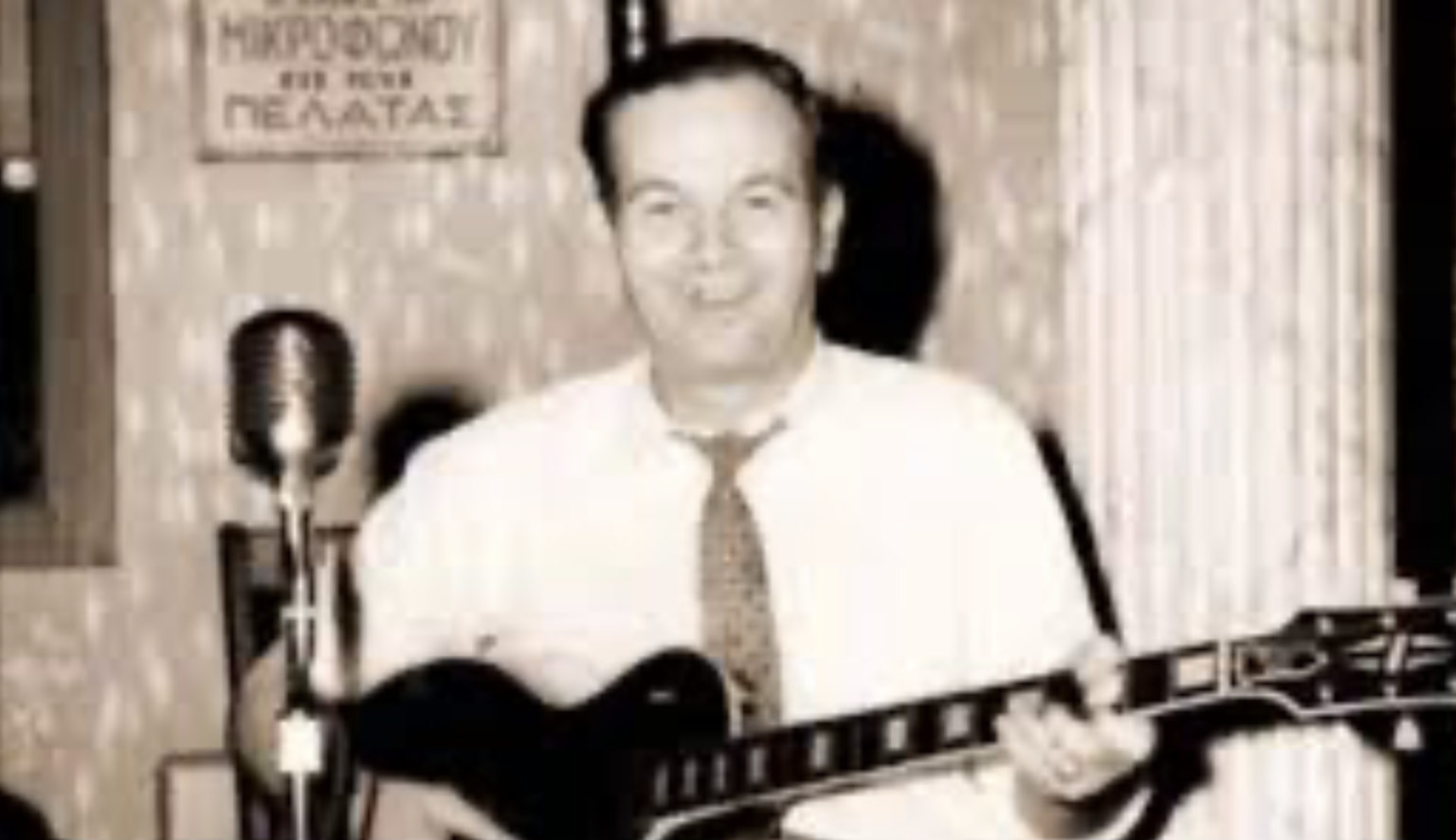
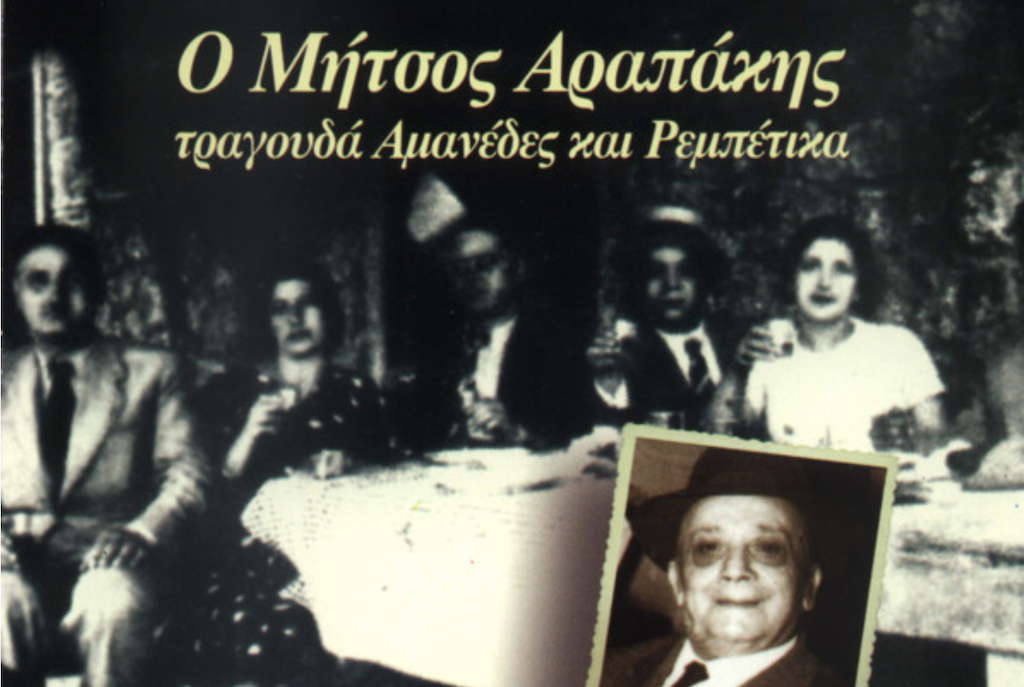
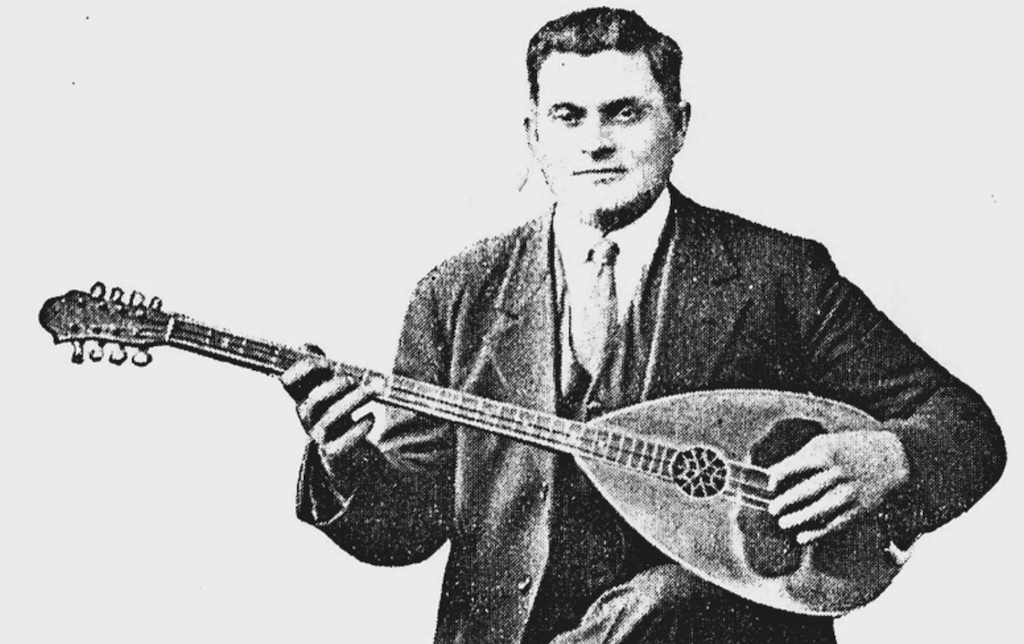
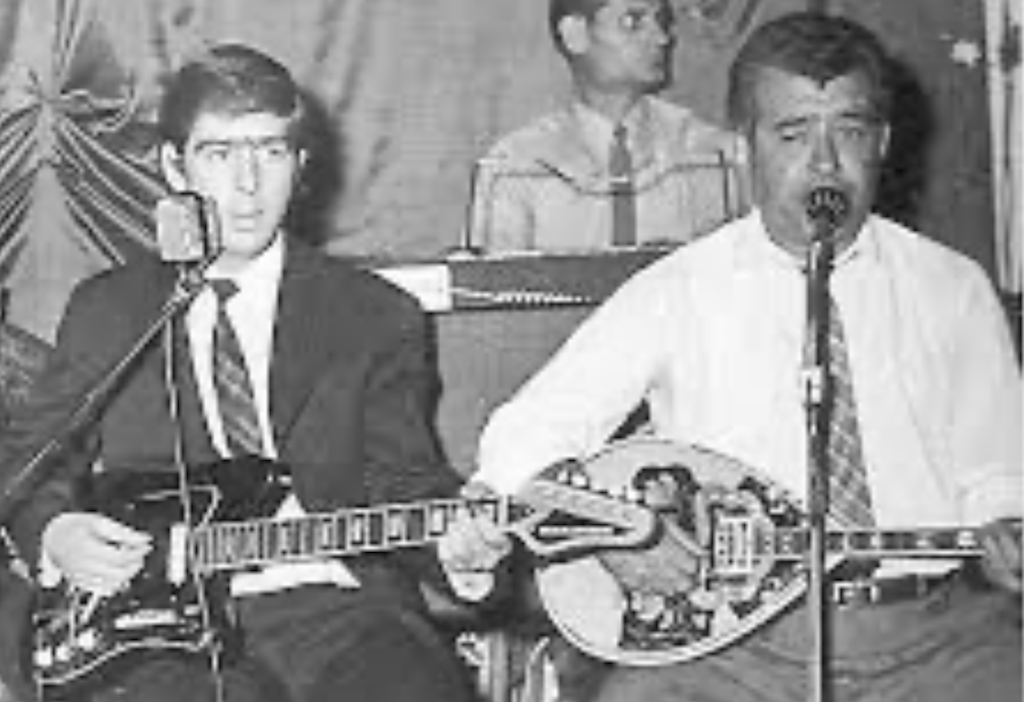
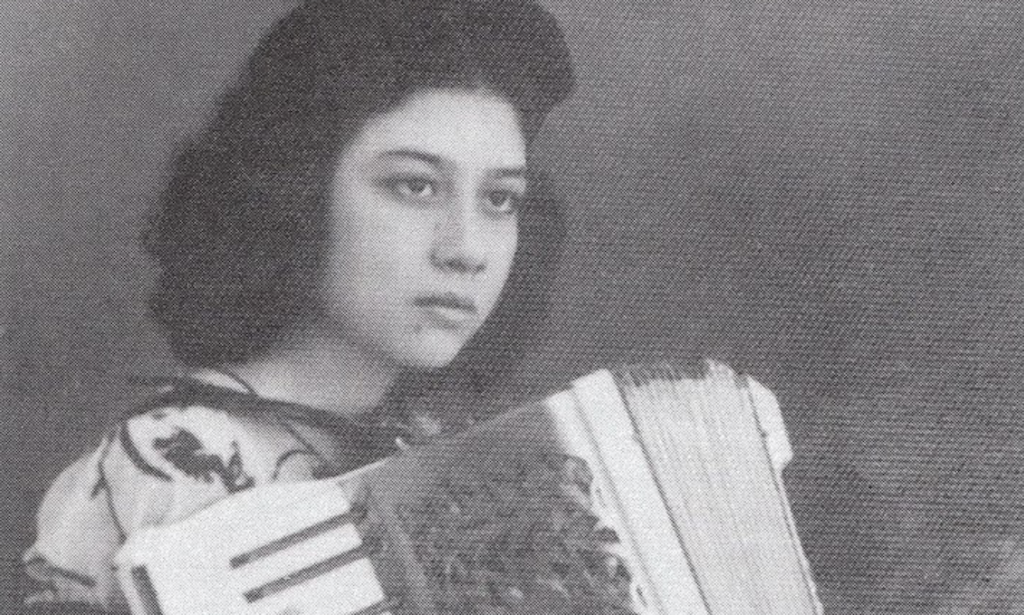
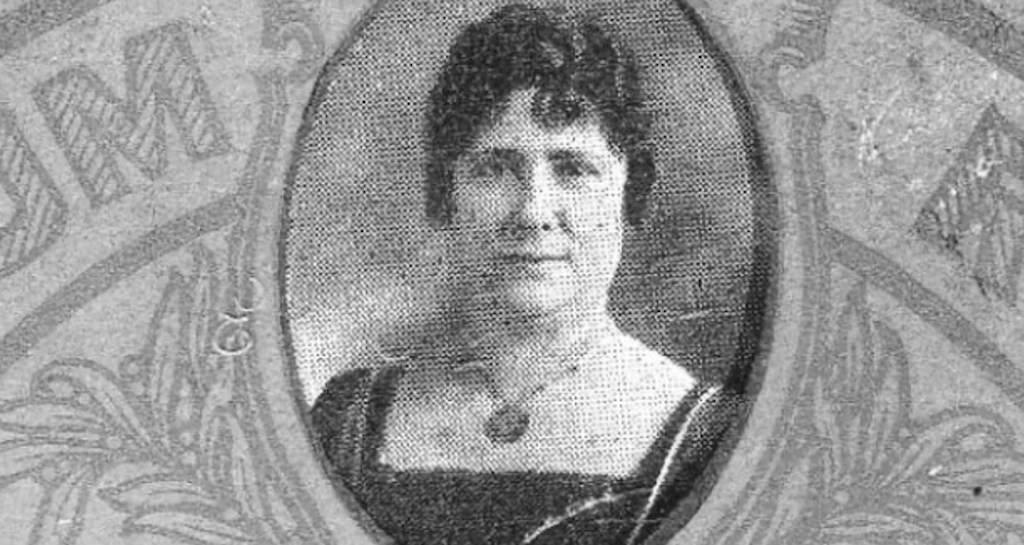


Leave a Reply